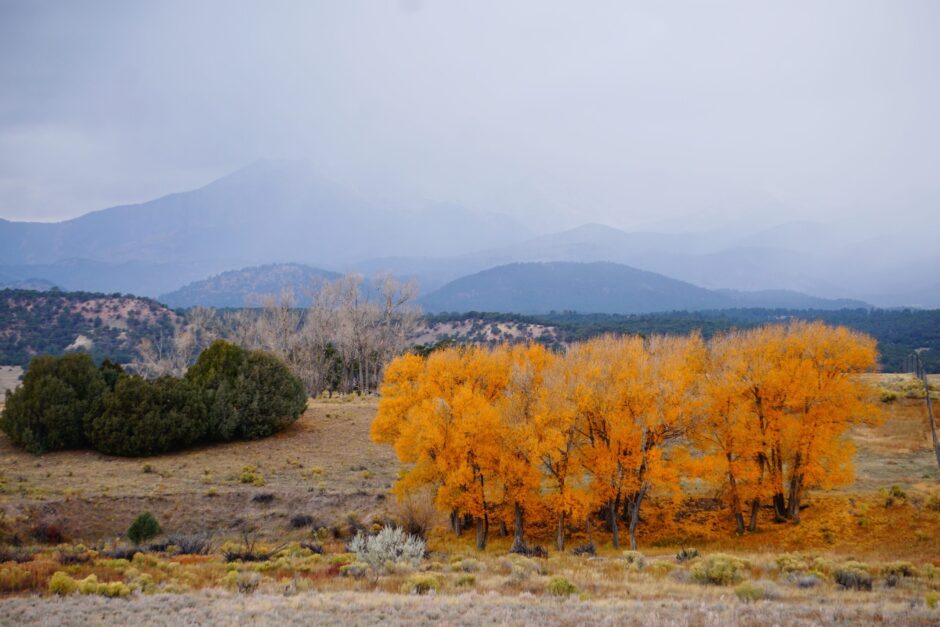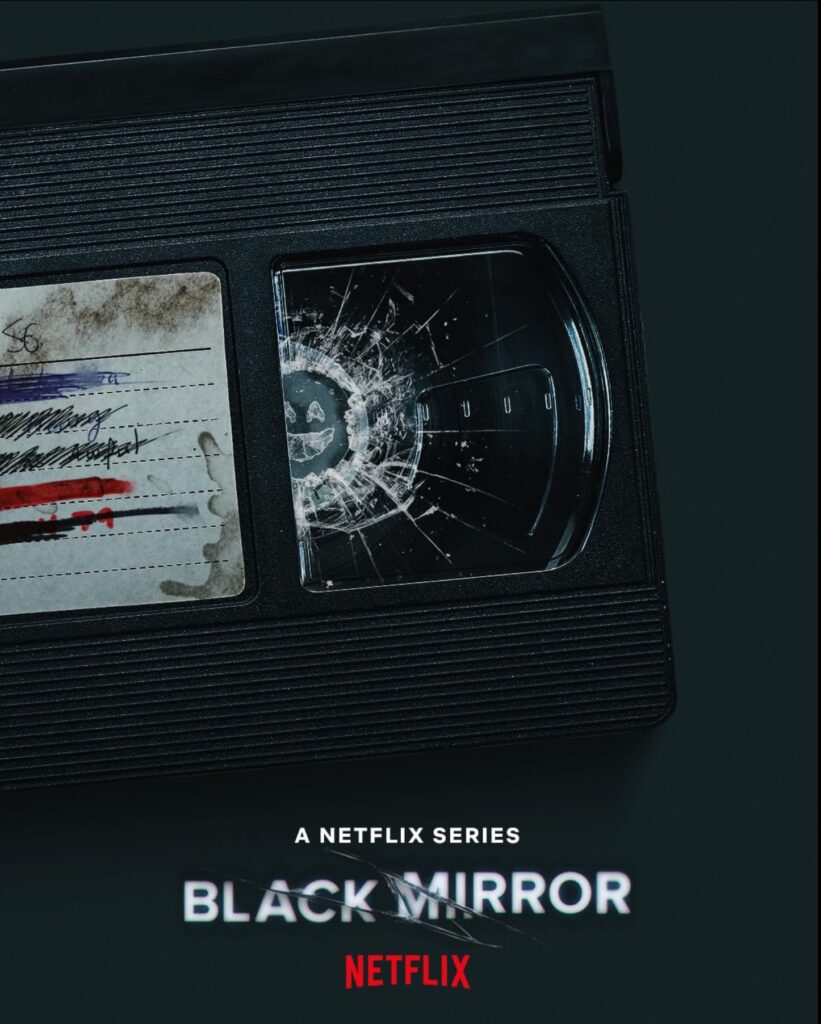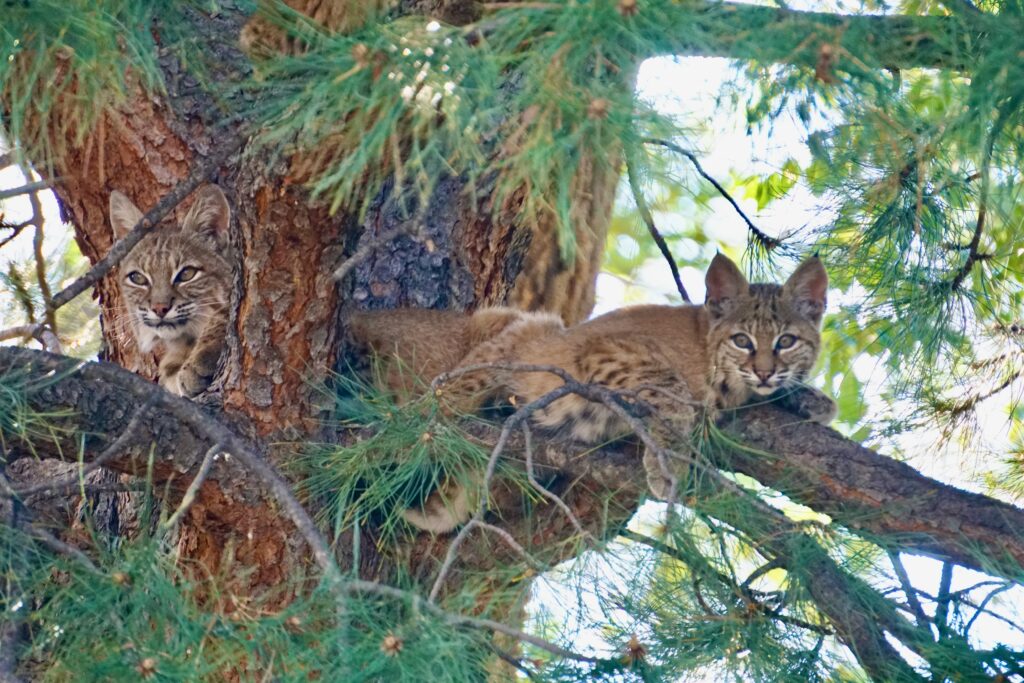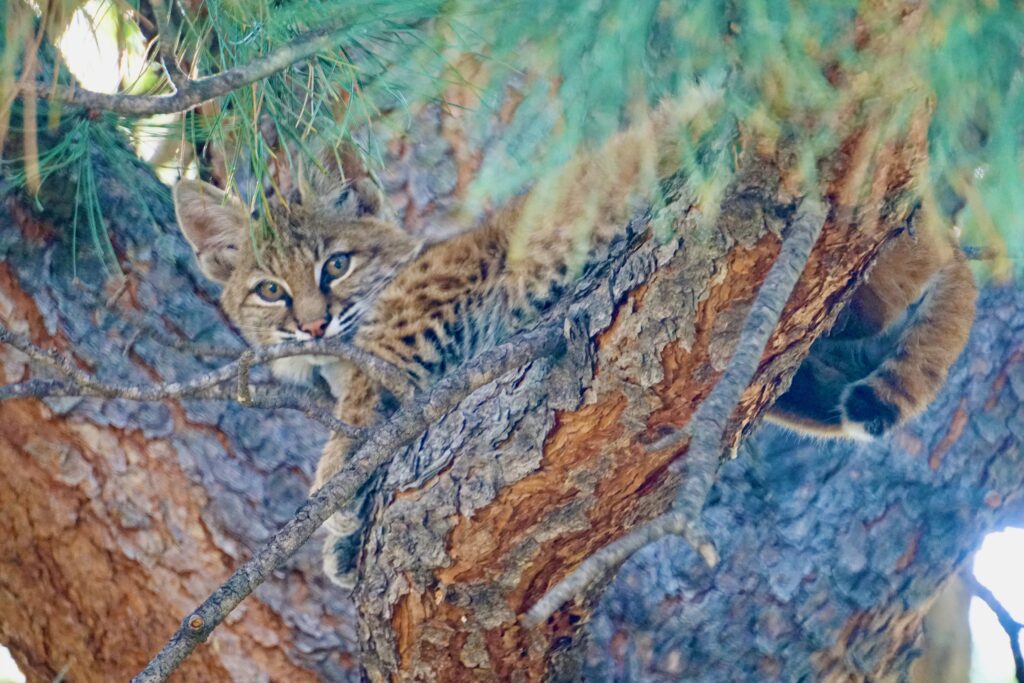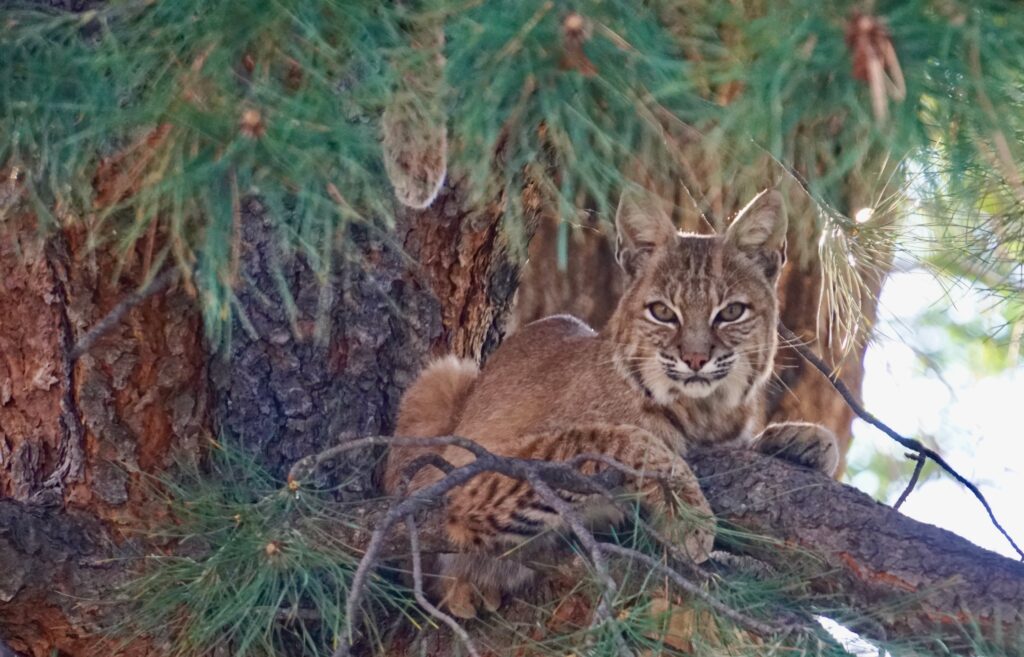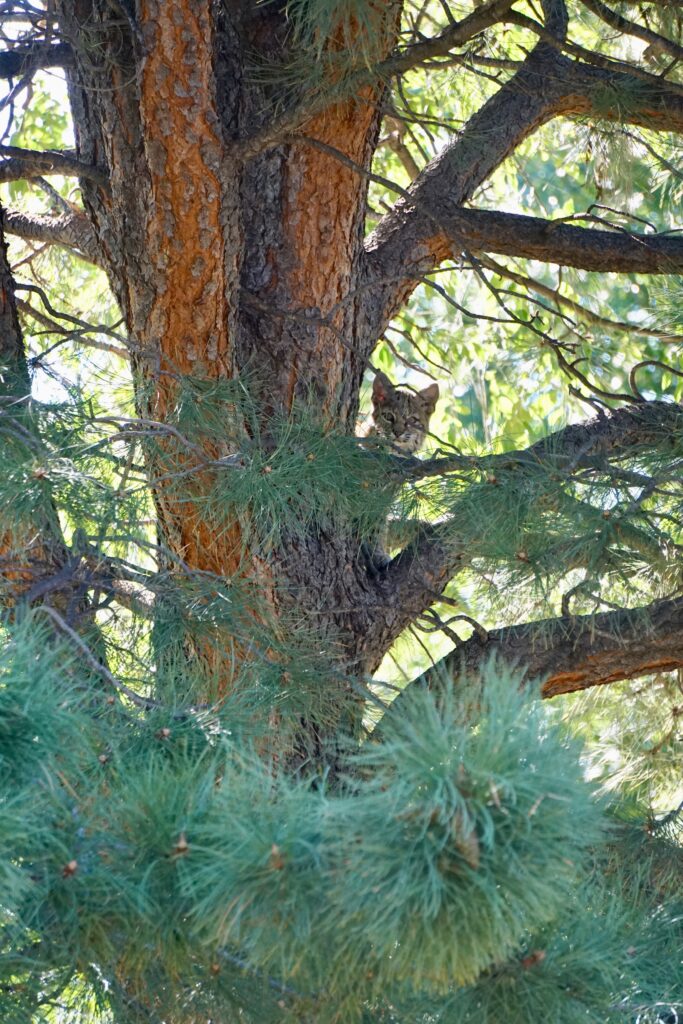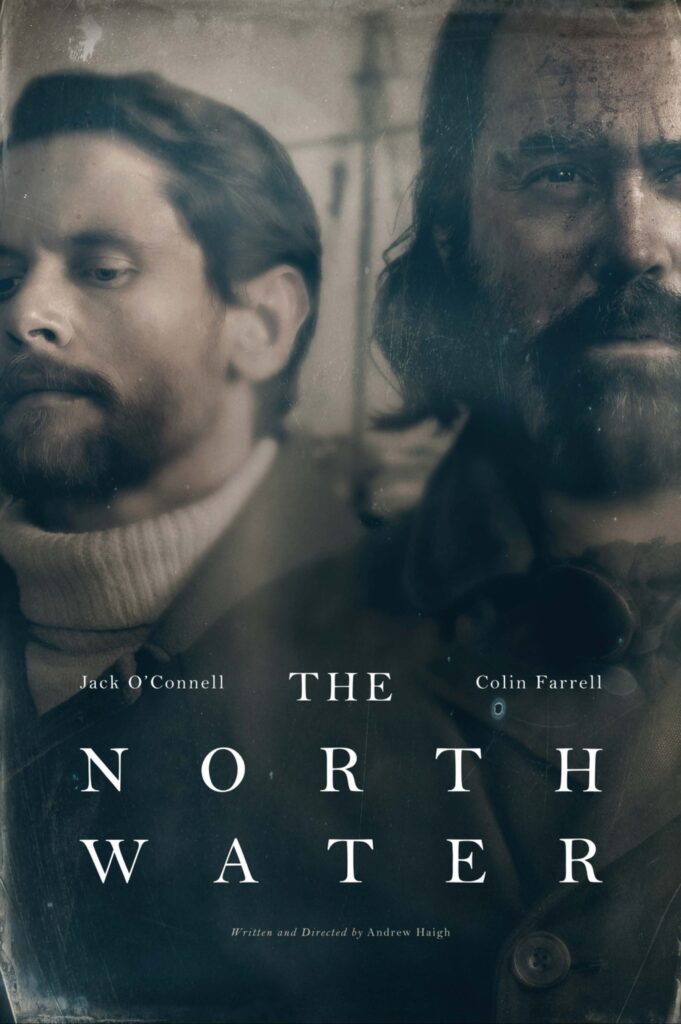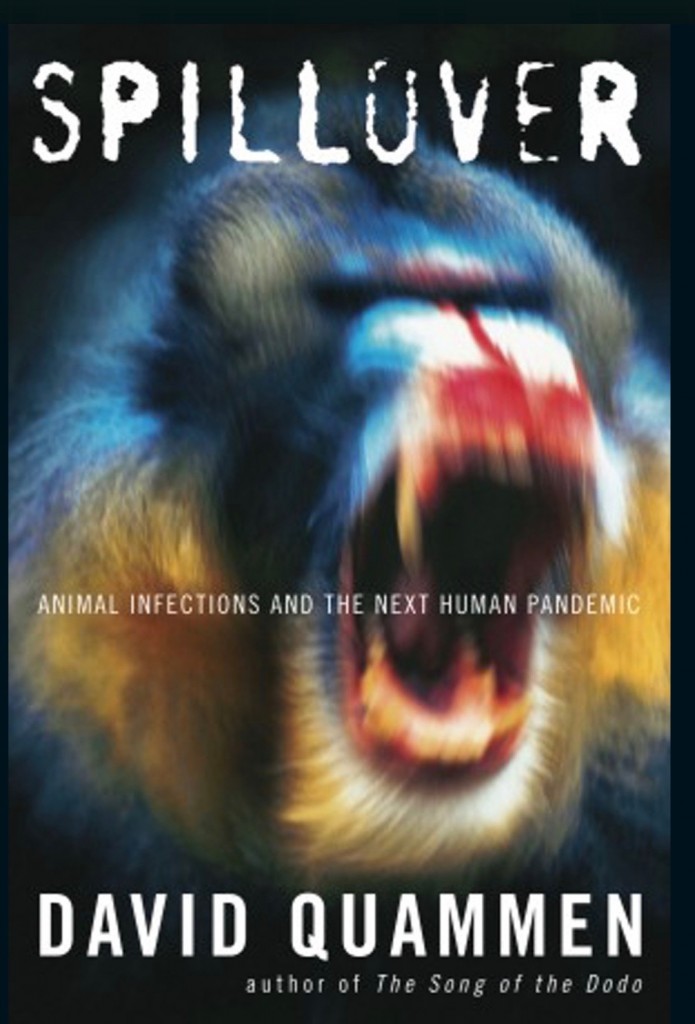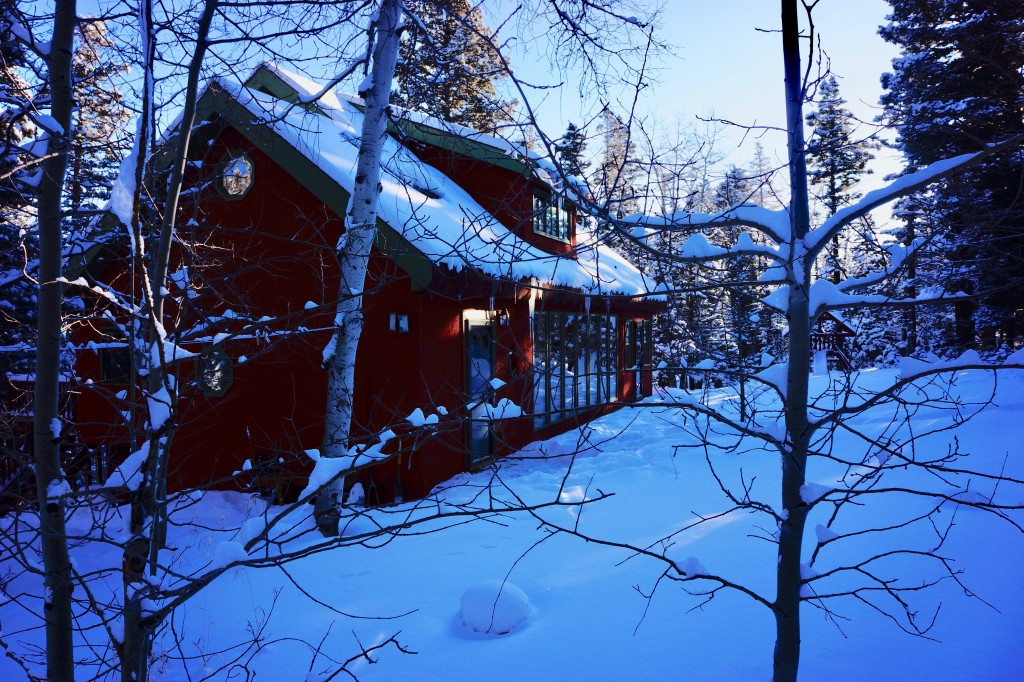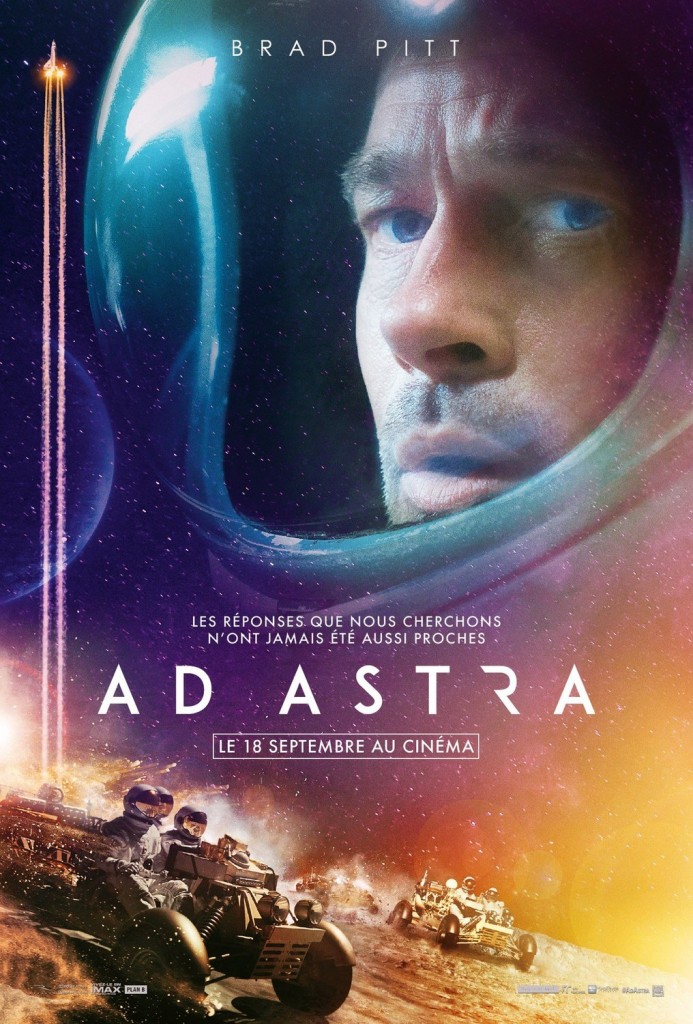So with the Congressional hearings on the little-green-somethings formerly known as UFOs (now called UAPs) and crazyass whatnot we should all be aware the Alien Apocalypse is soon upon us—imagine old geezer croaking “The end is nigh”—and there are two new streaming shows to offer a glimpse of what these intergalactic ne’er-do-wells have up their spacesuit sleeves: Hulu’s fictional No One Will Save You and Netflix’s documentary (semi-fictional?) Encounters.
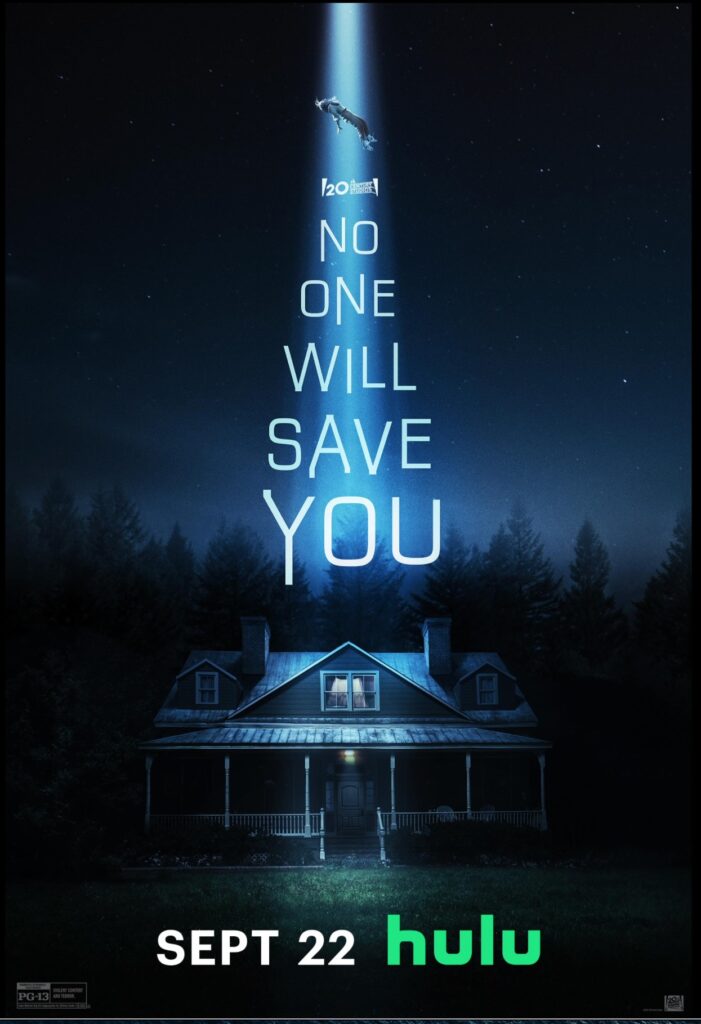
I watched No One with no expectations and was pleasantly surprised: I’ll rate it a Minor Gem. The gal who plays Brynn (Kaitlyn Dever) is certainly an up-and-coming It-Girl actress and does a terrific job of getting under the skin of this character and convincing you to keep watching. (She’s been in numerous hit films/series, including Dopesick and Unbelievable.) I expected a typically cheesy alien-abduction movie. It’s not that. Kind of Action Adventure/SciFi with a spritz of Psycho Thriller. I’ve seen other pretty-good films (Underwater, The Babysitter, Divergent) by this director (Brian Duffield) and they tend to be Action-Adventure (I guess) flicks, more eye candy than anything else. No Onereaches a higher level, I’d say: It’s good action/drama, while also being cleverly thoughtful. Yes, there are aliens who get considerable screentime. It’s like a cozier Spielberg’s War of the Worlds—and without Tom Cruise shouting “Rachel! Rachel! Rachel!” for two hours plus. Kind of a slow burn to a twisty ending that echoes Don’t Worry Darling, only with aliens engineering human happiness (we wish). A largely positive review in the New York Times can be found here.
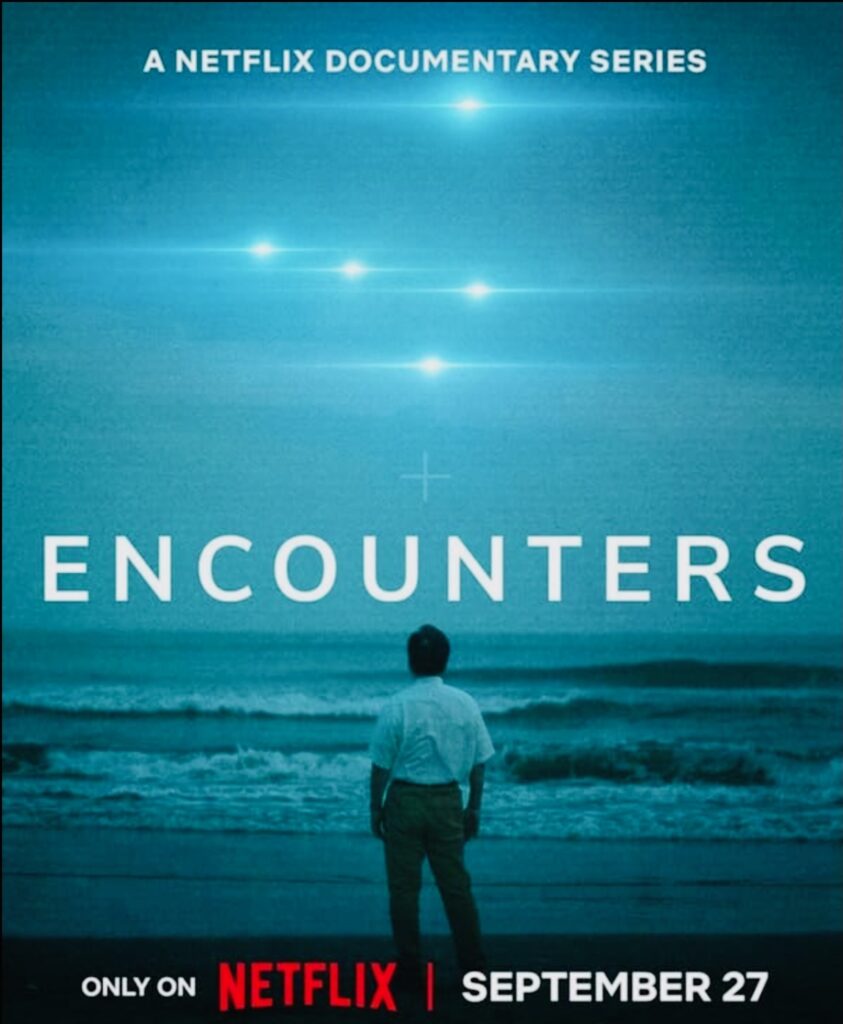
And then there’s Netflix’s Encounters. It’s a series and I’ve watched all four eps. I can’t say any of the footage or alien-encountered “survivors” are particularly convincing, but it is good for a few laughs—the Texans are particularly amusing. You gotta love those hillbillies. (Confession: It’s my former home state.) For my money, the production/direction mostly undercuts the believability of the various stories and the people telling them. Too much New Age hooey. While I’m certainly a UFO skeptic I do find the subject fascinating and there are some amazing/bizarre stories out there (don’t know about the truth, though), particularly the infamous Travis Walton abduction tale and the various U.S. military encounters that have been in the news for years now. But too much of Encounters is rather . . . squishy. People see strange lights in the sky, yes. When the people seeing these strange lights get telepathic messages—or feelings, as this show is big on feelings—from unknown/unseen aliens, you lose me. But hey, maybe I’m wrong. I laughed when Encounters played the great Carpenters song from the early 1970s, “Calling Occupants of Interplanetary Craft.” Or when the Texan claimed that aliens always look kind of gray and pasty—and his town (Stephenville, Texas) is known as the Milk Capital of the state—which prompts him to say, “They’re comin’ for our milk.” You gotta love that.
